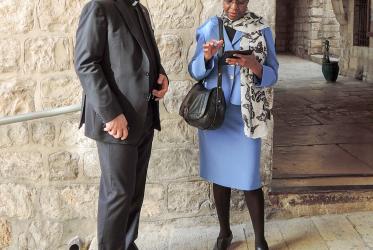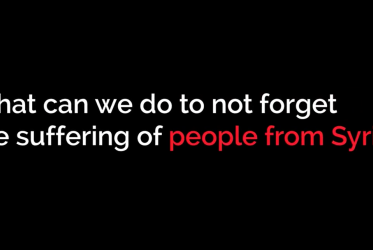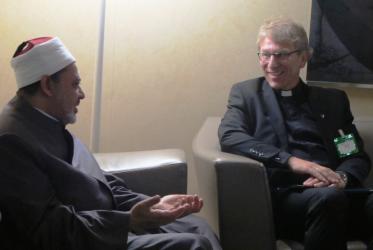Displaying 81 - 100 of 127
16 March 2017
Praying for one another, even when we disagree
02 March 2017
Children from Bethlehem in key role, as WCC shares Christmas message
22 December 2016
Dialogue flourishes between WCC, Muslim Council of Elders
30 September 2016
WCC general secretary reflects on peace in Palestine and Israel
20 September 2016
Facilitating peace with passion
26 July 2016
‘Unprecedented times of hopelessness’ in Holy Land
11 July 2016
Peace, health and education are Gaza's future
24 May 2016
Fleeing from – rather than to – a place
10 February 2016









